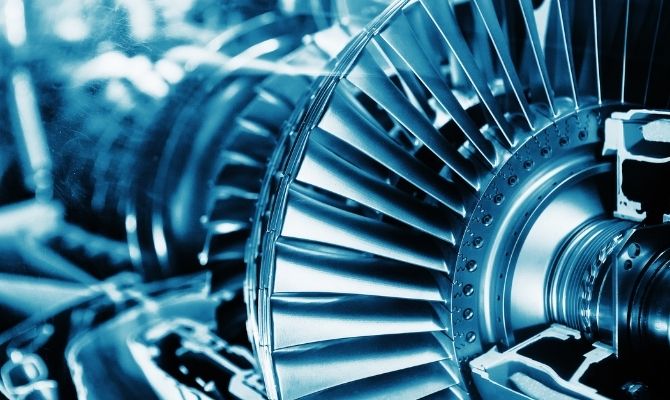How the Bus Master Controller Board Simplifies Turbine Data Communication

The core of this communication framework is the Bus Master Controller Board. This crucial component acts as the central hub for data exchange among various turbine systems and subsystems. By streamlining communication, reducing errors, and enhancing overall connectivity, the Bus Master Controller Board significantly boosts the operational efficiency of turbines
What is a Bus Master Controller Board?
A Bus Master Controller Board is a key component in modern turbine systems, acting as the central hub for data management and communication.
Functionality
At its core, the Bus Master Controller Board facilitates the exchange of data between various components of a turbine system. It ensures that information flows seamlessly, enabling better monitoring, control, and optimization of turbine operations.
Key Components and Architecture
- Central Processing Unit (CPU): The CPU processes incoming data, executes commands, and manages communication protocols.
- Memory Modules: These store data temporarily for quick access and also hold firmware that drives the controller’s operations.
- Communication Interfaces: Multiple interfaces enable connectivity with different devices and systems, such as sensors, actuators, and external control systems.
How It Works in Turbine Systems
In a turbine system, the Bus Master Controller Board receives data from sensors, processes it, and then communicates it to other components or systems, creating a cohesive network that enhances operational capabilities.
The Role of Data Communication in Turbine Operations
Data communication is fundamental to the effective operation of turbines, enabling real-time insights into their performance.
Types of Data Collected by Turbines
- Operational Data: This includes parameters such as temperature, pressure, and flow rates, which are essential for monitoring turbine health.
- Performance Metrics: Data such as output power and efficiency help in assessing the turbine’s performance and optimizing its operation.
Importance of Real-Time Data Transmission
Real-time data transmission is crucial for:
- Enhancing Monitoring and Control: Operators can make immediate adjustments to improve performance.
- Supporting Predictive Maintenance: Analyzing data trends helps identify potential issues before they lead to failures, thus ensuring continuous operation.
How the Bus Master Controller Board Simplifies Communication
The Bus Master Controller Board is instrumental in simplifying data communication within turbine systems.
Streamlined Data Flow Between Components
The controller board manages the communication protocols that dictate how data is shared among the various components of the turbine. This streamlining reduces latency and improves the efficiency of data exchanges.
Reduction of Communication Errors
Communication errors can significantly impact turbine operations. The Bus Master Controller Board employs error detection and correction mechanisms to minimize these issues, leading to more reliable data transfer.
Integration with Other Control Systems
The Bus Master Controller Board is compatible with other control systems, such as Supervisory Control and Data Acquisition (SCADA) systems. This integration allows for a coordinated approach to managing turbine operations, ensuring all systems work in harmony.
Benefits of Using a Bus Master Controller Board in Turbines
Utilizing a Bus Master Controller Board brings numerous advantages to turbine operations:
- Improved Efficiency and Performance: By optimizing operational parameters and enhancing responsiveness, the controller board significantly boosts turbine efficiency.
- Enhanced Reliability and Safety: The ability to monitor turbine conditions in real time enables immediate alerts and actions, improving safety and reliability.
Cost Savings Through Optimized Operations
By reducing downtime and minimizing maintenance costs, the Bus Master Controller Board contributes to overall cost savings, making it a valuable investment for turbine operators.
Challenges in Turbine Data Communication
Despite the benefits, there are challenges associated with turbine data communication.
Common Communication Issues
- Signal Interference: External factors can disrupt data transmission.
- Bandwidth Limitations: As data demands increase, bandwidth can become a bottleneck.
Solutions Offered by Bus Master Controller Boards
The Bus Master Controller Board addresses these challenges by implementing advanced filtering techniques and scalability options, ensuring robust and efficient communication.
Conclusion
The Bus Master Controller Board is a cornerstone of effective turbine data communication. By streamlining data flow, reducing errors, and enhancing system integration, it plays a critical role in optimizing turbine performance. As the demand for reliable and efficient energy production continues to grow, the importance of Bus Master Controller Boards in turbine technology will only increase.





